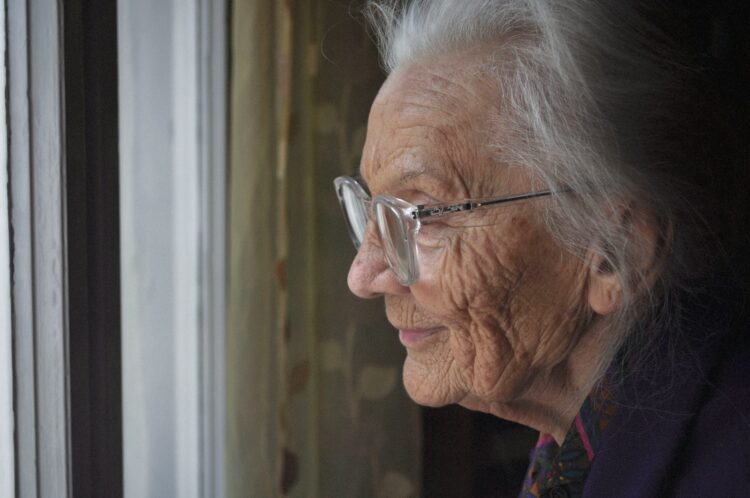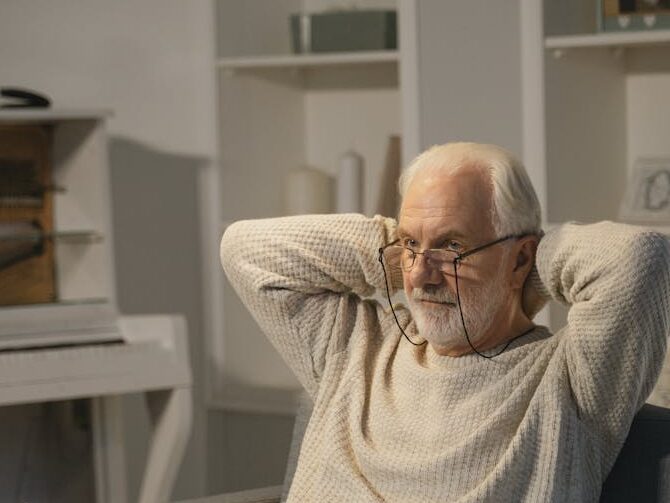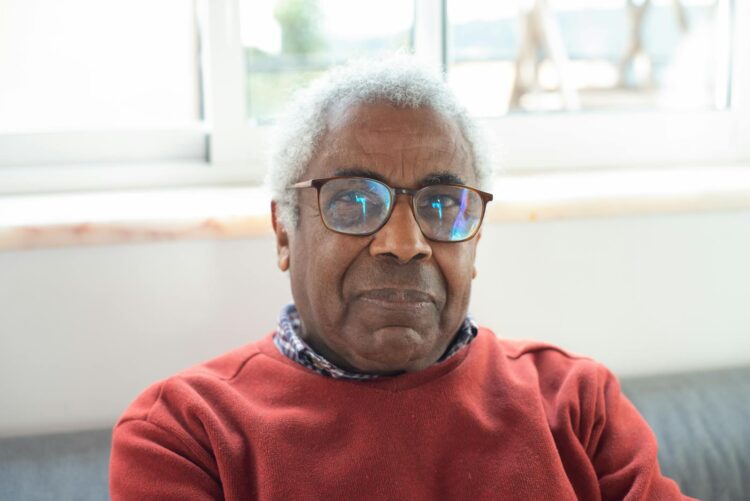
Most people don’t set out to disrespect seniors, yet it happens in subtle ways every day. The words we choose, the assumptions we make, and even our body language can send the message that older adults don’t matter as much as they once did. What feels harmless to us can leave them feeling invisible, powerless, or unvalued. Here are 15 common ways people unintentionally disrespect the elderly, and why they hurt more than we often realize.
Talking to Them Like Children

Many people unconsciously shift into a “baby talk” tone when addressing seniors — speaking louder, slower, or in simplified phrases. While intended as helpful, it often comes across as condescending, stripping them of their intelligence and life experience. Imagine spending decades raising a family, working a career, and navigating hardships, only to be spoken to as though you can’t understand.
Ignoring Their Opinions

Seniors often carry decades of wisdom, yet in group discussions or family decisions, their voices are brushed aside.People assume younger perspectives are more relevant or that seniors are “out of touch.” This dismissal is painful because it sends the message that their life experience no longer matters. Even if their ideas differ from modern views, seniors want to be heard and considered.
Assuming They Can’t Learn New Things

Technology and trends move quickly, but it’s unfair to assume seniors can’t keep up. Many older adults are eager to learn new tools or adapt to changes, yet people dismiss them before giving them a chance. Statements like “Oh, you wouldn’t understand” communicate that they’re incapable, when in reality, they simply may need more time or a different explanation.
Speaking About Them Instead of To Them

In healthcare, restaurants, or even family gatherings, people sometimes direct questions to others instead of the senior themselves. For example, asking an adult child, “What does she want for lunch?” while the mother is sitting right there. This strips seniors of their autonomy, treating them as if they cannot speak for themselves. Even if help is needed, ignoring their direct voice is disrespectful. Everyone deserves to be spoken to directly, regardless of age.
Overruling Their Choices

From medical care to meal preferences, seniors’ decisions are often brushed aside in the name of convenience or safety. While loved ones may have good intentions, removing choice makes them feel powerless over their own lives. For someone who has lived independently for decades, losing the ability to make simple decisions can be deeply painful. Respect means balancing support with autonomy, ensuring their voice is always part of the process.
Assuming They’re Lonely or Miserable

It’s common for people to assume seniors are automatically lonely or unhappy simply because they’re older. While some do struggle with isolation, many lead rich, fulfilling lives with hobbies, friendships, and purpose. Assuming they’re miserable reduces their identity to age alone. It overlooks the joy and contentment many seniors still experience. Respect means seeing them as full individuals, not stereotypes defined only by decline.
Ignoring Them in Social Situations

At gatherings, seniors are often left on the sidelines while conversations center around younger people. It’s not always intentional — sometimes younger people just don’t know how to engage — but the result is exclusion. For seniors, being ignored in these spaces reinforces feelings of invisibility. They want to be included, not out of pity, but because they have stories, humor, and perspective worth sharing.
Rushing Them

Whether it’s walking more slowly, taking time to count change, or telling a story in detail, seniors often move at a different pace. Younger people sometimes show impatience, cutting them off or hurrying them along. This sends the message that their time doesn’t matter as much. For seniors, feeling rushed can create embarrassment or even shame. Allowing them time and space shows respect for their rhythm and acknowledges their dignity.
Assuming They’re Weak or Helpless

While some seniors face real mobility or health challenges, many remain active, capable, and independent. Automatically treating them as fragile, like grabbing things from their hands, insisting on helping without being asked, can feel dismissive. What looks like kindness often communicates doubt in their abilities. Respect means offering help when it’s requested, not assuming incompetence from the start. Seniors want to feel capable, not pitied.
Forgetting Their Names or Stories

Seniors often share stories as a way to connect, yet younger people sometimes tune out, dismiss them as repetitive, or forget key details. This behavior says, “What you’ve lived through doesn’t matter.” Remembering their stories and acknowledging their experiences validates their lives. To an older adult, having their name remembered or their story valued is about more than memory — it’s about identity and respect.
Taking Over Their Responsibilities Too Soon

Family members often step in to manage finances, driving, or decision-making earlier than necessary. While motivated by care, it can strip seniors of independence before they’re ready. Losing control over one’s life too soon can create frustration, resentment, and feelings of uselessness. Respect means recognizing their continued abilities, stepping in only when absolutely needed, and always involving them in decisions.
Making Jokes About Aging

Jokes about “being old,” forgetfulness, or decline are common in conversation, but they can sting deeply. Seniors are acutely aware of the challenges that come with aging. Mocking them, even casually, reduces their dignity. What may seem like harmless humor often lands as belittlement. Respect means treating age as something to honor, not ridicule.
Assuming They Don’t Understand Modern Issues

Many people exclude seniors from conversations about politics, technology, or social issues, assuming they’re out of touch. Yet many older adults are well-informed, thoughtful, and engaged. Dismissing their ability to understand or contribute silences them unfairly. Respect means giving them the same chance to engage in meaningful dialogue as anyone else, without presuming ignorance based on age.
Excluding Them From Family Decisions

Families sometimes make plans without consulting seniors, even when those decisions affect them directly. The justification may be efficiency, but the result is exclusion. Being left out of choices about their own lives communicates that their opinions don’t matter. True respect involves inclusion, even if their answers differ from what younger members want.
Not Valuing Their Contributions

Many seniors still want to give through volunteering, sharing wisdom, or offering practical help. When their contributions are dismissed or ignored, it sends the message that they’re no longer useful. Yet usefulness isn’t measured only in physical ability. Their insight, patience, and life experience are invaluable. Respect means acknowledging and celebrating what they still bring to the table, instead of focusing only on what they can no longer do.

